FOOD
11 Foods That Are Good For Liver Health
Published
6 months agoon
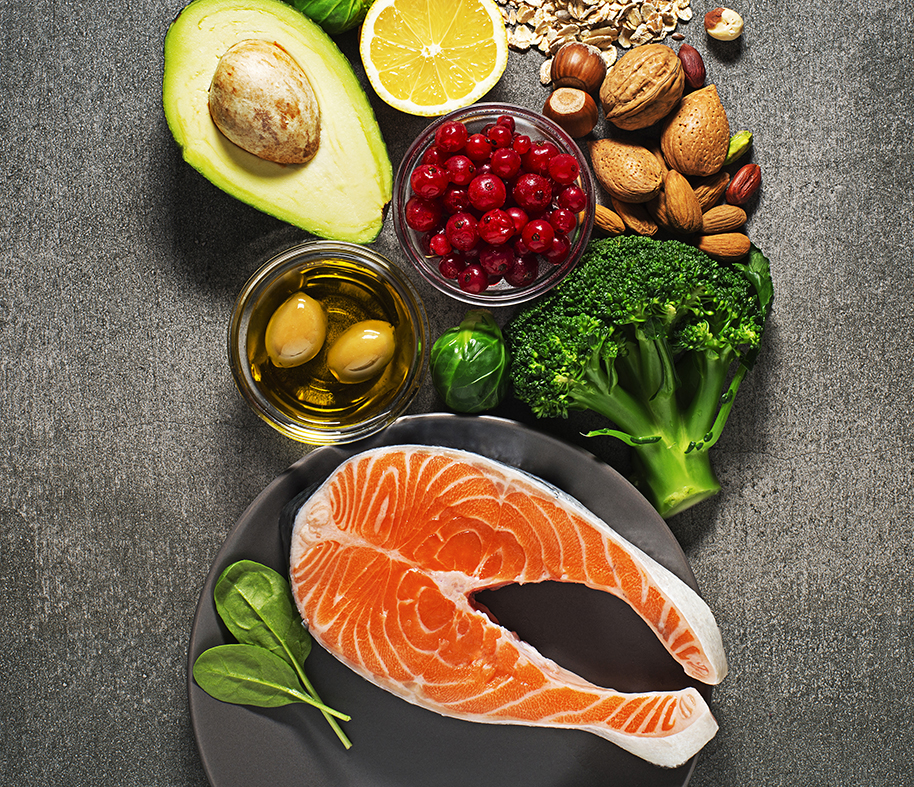
Maintaining liver health is crucial, and diet plays a very important role in achieving this. Numerous foods contain compounds known to enhance liver enzymes, guard against fat accumulation, and reduce inflammation and oxidative stress.
The liver handles various body processes, such as producing proteins, cholesterol, and bile, as well as storing vitamins, minerals, and carbohydrates.
Additionally, it plays a key role in breaking down toxins like alcohol, medications, and metabolic byproducts. Ensuring the well-being of your liver is needed for your overall health.
Having said that, let’s take a look at some of the foods you need to ensure that your liver is healthy:
What are the best foods to eat for your liver?
1. Coffee
Coffee is an excellent beverage for promoting liver function. Drinking coffee protects the liver from disease, even for people who already have liver problems. It can reduce the chance of cirrhosis, or persistent liver damage, in those with chronic liver disease.
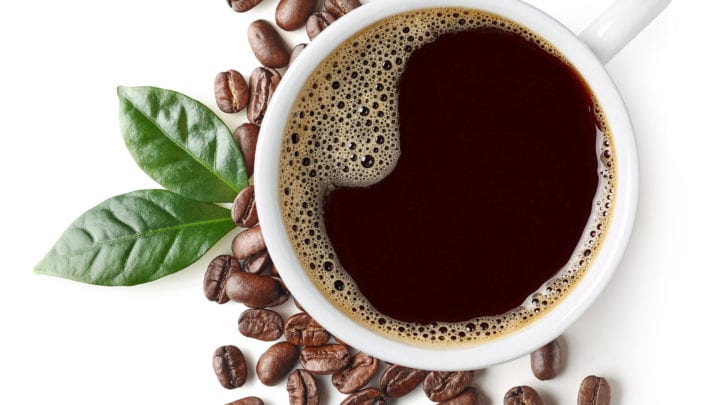
Drinking coffee may lower the chance of acquiring a common kind of liver cancer. It also has a favourable impact on liver disease and inflammation.
Coffee is linked to a lower risk of death in individuals with chronic liver disease, with the most significant advantages observed in those who consume at least 3 cups daily.
These benefits are believed to arise from coffee’s ability to prevent the accumulation of fat and collagen, as indicated in the 2016 review. Fat and collagen are crucial markers of liver disease.
Additionally, coffee raises levels of the antioxidant glutathione. Antioxidants play a role in neutralising harmful free radicals, which are naturally produced in the body and can potentially damage cells.
2. Tea
Tea is generally recognised as health-promoting, and there is evidence suggesting specific benefits for the liver. Green tea in particular can lower levels of liver enzymes in individuals with nonalcoholic fatty liver disease (NAFLD).
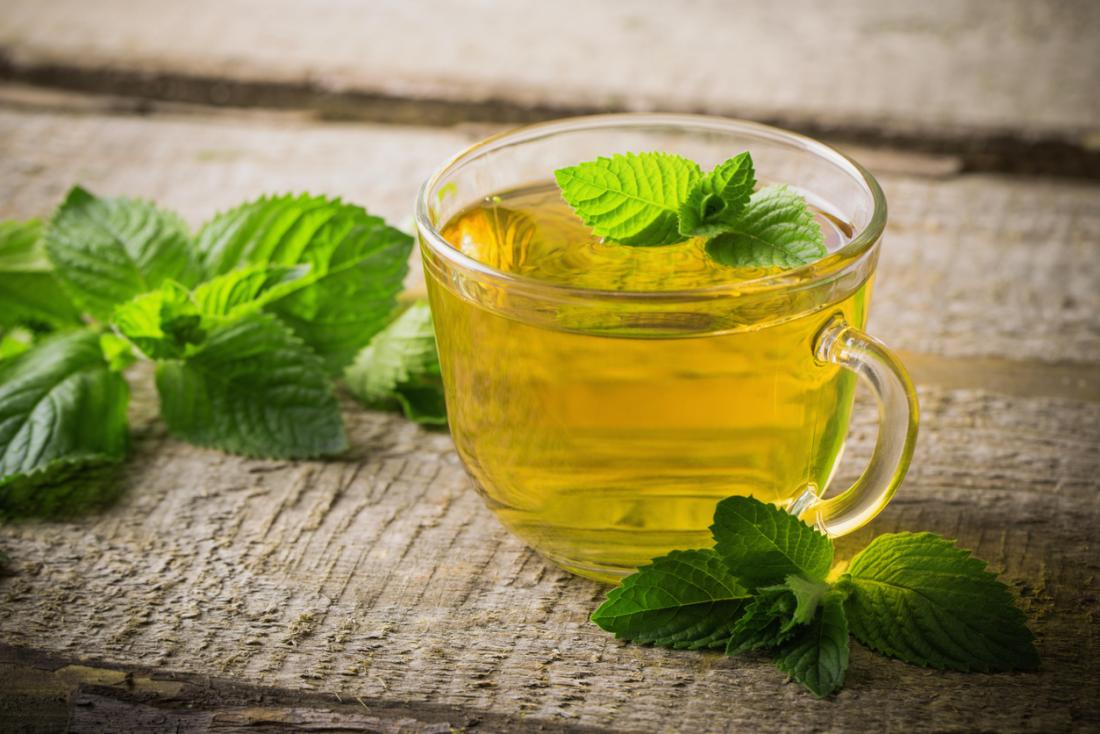
A study with similar findings revealed that supplementing with green tea extract for 12 weeks significantly reduced liver enzymes, specifically alanine aminotransferase (ALT) and aspartate aminotransferase (AST), in people with NAFLD.
Additionally, individuals who regularly drank green tea had a lower likelihood of developing liver cancer, with the lowest risk observed in those consuming four or more daily cups.
However, caution is advised, especially for individuals with liver issues, and consulting with a doctor before using green tea supplements is advised. There have been several reports of liver damage associated with the use of supplements containing green tea extract.
3. Grapefruit
Grapefruit is rich in antioxidants, particularly naringenin and naringin, which naturally safeguard the liver.
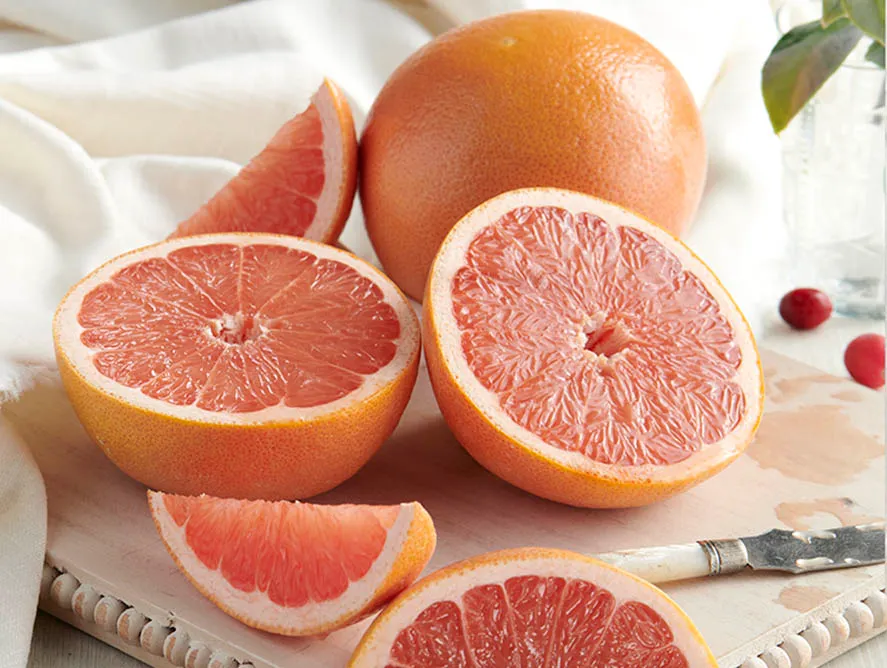
These antioxidants may play a role in decreasing the development of hepatic fibrosis, a harmful condition characterised by the accumulation of excessive connective tissue in the liver, often stemming from chronic inflammation.
While the evidence is not conclusive, the existing research suggests that grapefruit may contribute to liver health by potentially preventing damage and inflammation.
4. Blueberries and cranberries
Blueberries and cranberries are rich in anthocyanins, antioxidants responsible for their vibrant colours, and have been associated with various health benefits.

A study from 2021 revealed that the intake of a cranberry supplement for six months led to an improvement in hepatic steatosis, or fatty liver, particularly in individuals with nonalcoholic fatty liver disease (NAFLD).
Furthermore, test-tube studies have demonstrated that blueberry extract can inhibit the growth of human liver cancer cells. However, more research is necessary to determine if this effect can be replicated in humans.
Incorporating these berries into your regular diet can be a beneficial strategy to ensure that your liver receives the antioxidants essential for maintaining its health.
5. Grapes
Red and purple grapes, in particular, contain beneficial plant compounds that could potentially support liver health.

A 2020 study conducted in rats indicates the potential benefits of grapes and grape juice, but it remains unclear if these findings from animal studies could also directly apply to humans.
These benefits include:
- lowering inflammation
- preventing cell damage
- increasing antioxidant levels
6. Prickly pear
Opuntia ficus-indica, or prickly pear, is a popular edible cactus. People frequently consume the fruit and its juice.
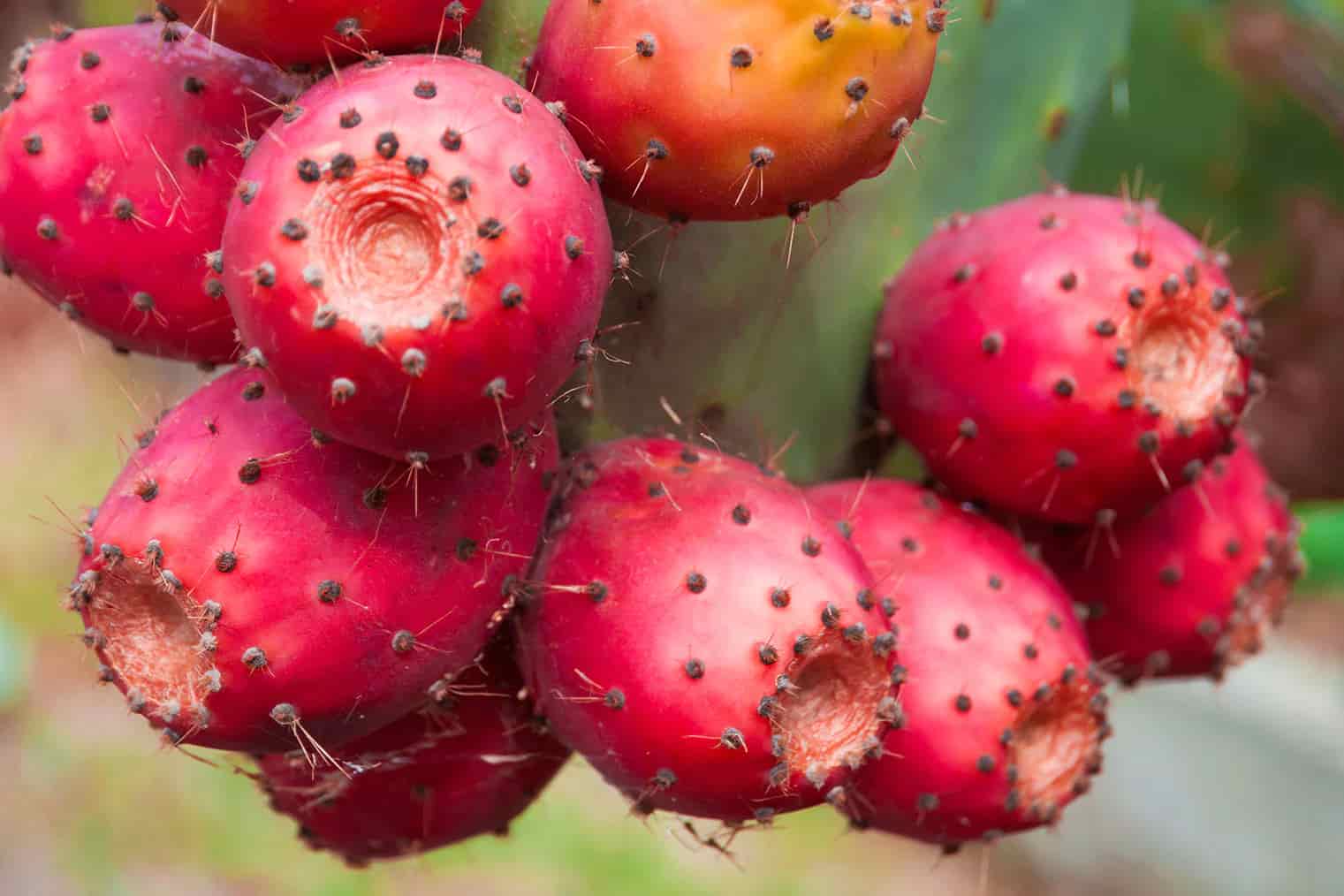
Traditionally, it has been used to treat the following conditions:
- Wounds and weariness
- Gastrointestinal troubles
- Liver illness.
A 2016 study suggests that extracting this herb may help alleviate hangover symptoms.
Prickly pear may also protect the liver from alcohol toxicity due to its anti-inflammatory and antioxidant capabilities.
More human trials are needed, particularly those involving prickly pear fruit and juice rather than extract. However, studies have shown that prickly pear has a favourable effect on the liver.
7. Beetroot juice
Beetroot juice contains nitrates and antioxidants called betalains.
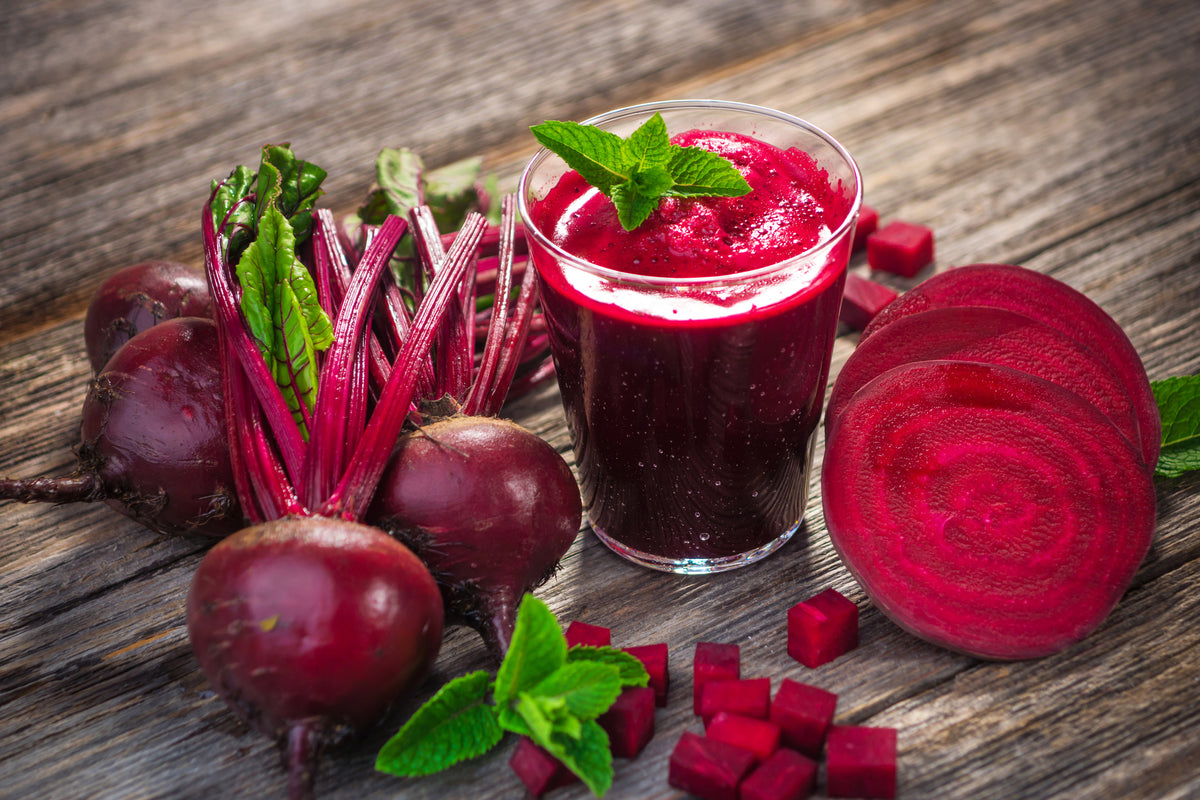
Beetroot juice has been demonstrated in animal tests to prevent liver inflammation and oxidative damage.
However, while animal studies appear encouraging, further research is needed to validate the benefits of beetroot juice for human liver function.
8. Cruciferous vegetables
Cruciferous vegetables are noted for their high fibre content and unique flavour. They also have a high concentration of useful plant components.
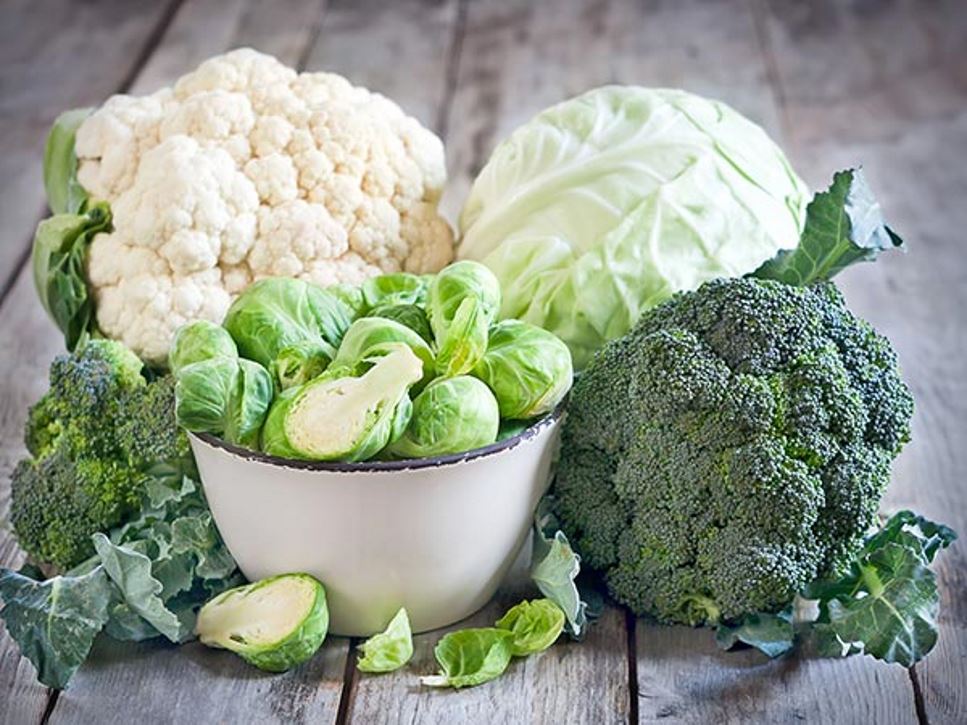
Examples of cruciferous veggies include:
- Broccoli
- Brussels sprouts
- Cabbage
- Kale
- Cauliflower
Science says that veggies like broccoli, cauliflower, and kale might help your liver. Research on mice showed that eating broccoli caused fewer liver problems. While more studies on people are needed, these veggies seem good for liver health.
9. Nuts
Forget boring salads! Snacking on a handful of nuts might be doing your liver a big favour. These tiny powerhouses are loaded with healthy fats, antioxidants, and vitamins that act like tiny bodyguards for your liver.

Studies even suggest that people who eat more nuts are less likely to develop a condition called fatty liver disease. While scientists are still figuring out exactly how it works, it seems like the good stuff in nuts helps protect your liver from harm.
So, next time you’re looking for a healthy snack, grab a handful of almonds, walnuts, or your favourite nut and give your liver a little love. Remember, though, that more research is needed to confirm these benefits, but adding nuts to your diet is a delicious way to support your overall health, including your liver.
10. Fatty fish
Fatty fish like salmon and sardines are packed with omega-3 fats, the good kind that fight inflammation and protect your heart. Omega-3s can even help reduce liver fat, especially for people with fatty liver disease.
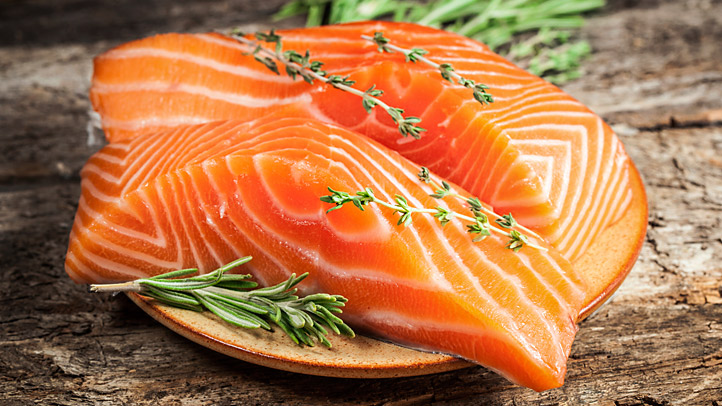
But here’s the catch: it’s not just about adding more omega-3s; it’s also about keeping a healthy balance with omega-6 fats, which are found in many oils and butter.
Think of it like a seesaw: too much omega-6 can tip the scales and actually harm your liver. So, while loading up on salmon is great, consider cutting back on those omega-6-rich foods to keep your liver happy and healthy.
11. Olive oil
Olive oil isn’t just delicious on salads; it’s also a champion for your liver. This heart-healthy fat, known for its benefits for your cardiovascular system and metabolism, also extends its magic to your liver function.
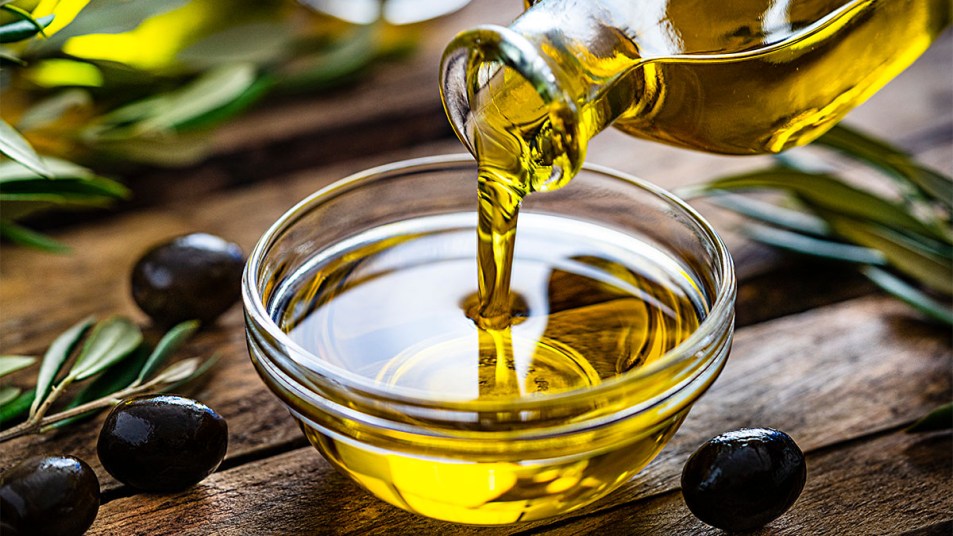
A study proves that a Mediterranean diet rich in olive oil might help older adults reduce their risk of developing fatty liver disease. Other studies have shown similar liver-loving effects, such as decreased fat buildup in the liver and improved blood levels of liver enzymes.
Remember, fatty liver accumulation is an early sign of potential liver problems, so olive oil’s positive impact on both liver fat and overall health makes it a valuable addition to your dietary routine.
What makes food good for your liver?
Want a healthier liver? Give it a food upgrade. Adding nutrient-packed foods to your diet is a powerful and easy way to do just that. Many foods are loaded with antioxidants, like tiny shields protecting your liver from damage and inflammation.
Plus, fibre-rich options help you manage weight and keep your liver functioning smoothly. And the good news doesn’t stop there! Some foods are brimming with protein and healthy fats, which might even aid in treating or preventing other conditions linked to liver problems, like diabetes.
What else can you do to keep your liver healthy?
Beyond delicious food choices, several other steps can keep your liver happy and healthy.
Here are some key ways to show your liver some love:
- Stay trim: Being overweight or obese can stress your liver, so maintaining a healthy weight is crucial. Think of regular exercise and balanced meals.
- Get moving: Regular physical activity is your liver’s best friend. Exercise helps lower harmful fats and reduce liver fat buildup. So lace up your shoes and get active!
- Mind your drinks: Alcohol isn’t kind to your liver. Limit your intake to the recommended levels to keep your liver functioning smoothly.
- Wash away worries: Good hygiene plays a big role in liver health. Washing your hands regularly helps prevent infections that can harm your liver.
- Practice safe sex: Unprotected sex increases the risk of hepatitis B and C, both harmful to your liver. Always use condoms and other barrier methods to stay safe.
Remember, small changes can make a big difference in your liver health. By following these tips and incorporating nutritious foods into your diet, you can keep your liver functioning optimally for years to come.
Get the latest and greatest updates right away! Join our exclusive WhatsApp channel and never miss out on exciting news again.
What foods should I eat if I have liver problems?
Give your liver a helping hand with these delicious foods. They’re packed with compounds and antioxidants that research suggests can support your liver’s health.
- Fruits: Grapefruit, blueberries, and cranberries are bursting with antioxidants that help shield your liver cells from damage.
- Fatty fish: Salmon, sardines, and other fatty fish are rich in omega-3s, which can reduce inflammation and improve liver fat metabolism.
- Olive oil: This healthy fat contains antioxidants that may benefit your liver function.
- Cruciferous veggies: Broccoli, Brussels sprouts, and their leafy green cousins contain compounds that may help detoxify your liver and protect it from harmful substances.
Consider adding these liver-loving options to your plate next time you’re planning your meals.
What foods should I not eat if I have liver problems?
While certain foods can support your liver health, others can do the opposite. Limiting your intake of the following foods can help keep your liver happy and functioning optimally:
- Red meat: While a source of iron and protein, consuming too much red meat, such as beef, pork, and lamb, can increase your risk of NAFLD. Aim for leaner protein sources like poultry, fish, or beans more often.
- Processed meats: Processed meats like bacon, sausage, and ham are often high in sodium, saturated fat, and nitrates, which can contribute to liver damage. Opt for unprocessed meats or plant-based alternatives whenever possible.
- Sugary drinks: Sugary drinks like soda, juice, and energy drinks are loaded with added sugars and fructose, which can lead to fatty liver disease. Choose water, unsweetened tea, or black coffee instead.
- Fast food: Fast food is typically high in unhealthy fats, refined carbohydrates, and added sugars, all of which can harm your liver health. Prepare meals at home whenever possible, using fresh, whole ingredients.
- Full-fat dairy products: While dairy can be a good source of calcium and vitamin D, full-fat dairy products like whole milk, cheese, and ice cream are high in saturated fat. Choose low-fat or fat-free options instead.
What can I drink to flush my liver?
Forget the idea of “flushing” your liver; it’s a myth. But fear not; there are delicious ways to support your liver’s health. Research suggests that some antioxidant-rich drinks like green tea, coffee, and even beetroot juice might lend a helping hand.
- Green tea: This tea is packed with antioxidants called catechins, which may improve liver enzyme levels and reduce fat deposits in the liver. So next time you need a pick-me-up, reach for a cup of green tea.
- Coffee: Coffee might not just perk you up in the morning but also benefit your liver. Moderate coffee consumption is linked to a reduced risk of liver disease. Just remember to keep it moderate, as too much caffeine can have negative effects.
- Beetroot juice: This juice contains nitrates, which can be converted into nitric oxide in the body. Nitric oxide helps improve blood flow and may also play a role in protecting the liver from damage. Enjoy beetroot juice in moderation, though, as its earthy taste can be strong for some.
Remember, these are just some options, and a healthy diet and lifestyle are key for overall liver health. Consult your doctor for personalised advice based on your individual needs.
The bottom line
Your liver is a silent superhero, working tirelessly behind the scenes to keep you healthy. But just like any hero, it needs a little support. The good news? Delicious food can be its kryptonite—in a good way.
These 11 amazing foods pack a punch when it comes to liver health.
- Reduced risk of liver disease and cancer.
- Boosted antioxidant and detoxification powers.
- Defence against harmful bad guys.
Adding these superfoods to your plate is a delicious and natural way to keep your liver functioning at its best. So why wait? Start incorporating them into your diet today and give your liver the love it deserves.
If you like this article, consider reading about Skipping Breakfast.
You may like
FOOD
Cooking Techniques For Beginners: Mastering The Kitchen Basics
Published
5 days agoon
July 21, 2024
Welcome to the wonderful world of cooking! Whether you’re a complete novice or just looking to expand your culinary repertoire, mastering a few key techniques can take you a long way. This guide will break down some essential cooking methods for beginners, making you feel confident and creative in the kitchen.
Heat and Cooking Methods
The first step is understanding how heat interacts with food. Most cooking methods fall into two categories: dry heat and moist heat.
-
Dry Heat: This method uses direct heat to cook food, with little to no moisture involved. Examples include:
- Roasting: This involves surrounding food with hot air in an oven, perfect for meats, vegetables, and even some fruits.
- Baking: Similar to roasting, baked goods like cakes and breads rely on rising agents like yeast or baking powder to create structure.
- Sautéing: Food is cooked quickly in a hot pan with a small amount of oil, ideal for vegetables, meats, and some starches.
- Pan-frying: Similar to sautéing, but uses a slightly higher amount of oil to achieve a crispy exterior.
- Grilling: This method exposes food directly to radiant heat, often from a grill or grill pan, creating beautiful char marks.
-
Moist Heat: Here, food is cooked in a liquid or surrounded by steam. Examples include:
- Boiling: Submerging food completely in boiling water (212°F) is a fast and simple way to cook vegetables, pasta, and eggs.
- Simmering: Cooking food in a liquid just below boiling (around 180°F-200°F) is gentler and good for soups, stews, and delicate proteins like fish.
- Poaching: Food is gently cooked in simmering liquid, often flavoured with herbs and aromatics, perfect for eggs and fish.
- Steaming: Food is cooked by placing it over boiling water or in a steamer, allowing the steam to cook it gently. This method is excellent for preserving nutrients in vegetables and seafood.
Cooking Methods: Essential Knife Skills
Sharp knives are essential for safe and efficient cooking. Mastering a few basic cuts will make food preparation a breeze:
- Chopping: This involves cutting food into small, even pieces. Use a rocking motion with your knife tip resting on the cutting board.
- Slicing: Thin, even cuts are achieved by holding the food securely with your non-dominant hand and gliding the knife forward with a sawing motion.
- Dicing: Combine chopping and slicing to create small cubes.
Cooking Methods: Mastering the Art of Seasoning
Seasoning is the magic touch that elevates a dish. Salt enhances natural flavours, while pepper adds a touch of heat. Experiment with other spices and herbs to discover your favourites. Here’s a tip: season food throughout the cooking process, not just at the end.
Essential Kitchen Tools
Equipping your kitchen with a few basic tools will make cooking more enjoyable:
- Sharp chef’s knife: Your everyday workhorse for chopping, slicing, and dicing.
- Cutting board: A sturdy board protects your countertop and keeps your knife sharp.
- Mixing bowls: In various sizes for mixing ingredients, preparing batters, and serving.
- Spatulas: For flipping, stirring, and scraping.
- Spoons: Mixing spoons, serving spoons, and slotted spoons for draining.
- Pots and pans: A large pot for boiling, a saucepan for simmering, and a skillet for sautéing and frying.
- Baking sheet: Perfect for roasting vegetables, meats, and baking cookies.
Tips for Success
- Read the recipe thoroughly: Understand the steps and ingredients before you begin.
- Prep your ingredients: Wash, chop, and measure everything beforehand for a smooth cooking flow.
- Don’t overcrowd the pan: This can trap steam and lead to uneven cooking.
- Learn to control heat: Adjusting the heat as needed is key to preventing burnt or undercooked food.
- Taste as you go: Seasoning is an ongoing process. Don’t be afraid to adjust flavours along the way.
- Most importantly, have fun! The kitchen is your playground to experiment, create, and enjoy the delicious rewards.
With these cooking methods for beginners and a little practice, you’ll be whipping up delicious meals in no time. Remember, cooking is a journey, so relax, embrace the learning process, and enjoy the delicious adventures that await!
Check out more articles on food here.

Tear gas is a chemical irritant used in some situations to control crowds. If you’ve been exposed to tear gas, it’s important to know what to eat and drink to help your body recover. This article will guide you through the best foods and drinks to have after tear gas exposure.
Why food and drink choices matter after tear gas exposure
After tear gas exposure, your body needs help to heal. The right foods and drinks can:
- Reduce inflammation (swelling) in your body
- Help flush out the harmful chemicals
- Boost your immune system (the body’s defence system)
- Provide comfort and relief
Hydration: the most important step
Drinking plenty of water is the single most important thing you can do after tear gas exposure. Water helps to:
- Flush out the tear gas chemicals from your body
- Keep you hydrated (having enough fluids in your body)
- Soothe your throat if it’s irritated
Aim to drink at least 8-10 glasses of water in the hours after exposure. Keep drinking water regularly throughout the next few days.
Other hydrating drinks include:
Coconut water
This is a good choice because it has natural electrolytes (minerals that help with hydration), is gentle on your stomach, and can help replace fluids you’ve lost.
Herbal teas
Some helpful herbal teas include:
- Chamomile tea: It can help calm your nerves and reduce inflammation.
- Ginger tea: This can help with nausea and has anti-inflammatory properties.
- Green tea: It’s full of antioxidants that can help your body heal.
Avoid caffeinated drinks like coffee or regular tea, as these can dehydrate you.
Fruits and vegetables
Fruits and vegetables are important because they contain vitamins and minerals that help your body heal. They have antioxidants that fight inflammation. Also, they provide fibre to help your digestive system.
Some good choices are:
- Berries (strawberries, blueberries, raspberries)
- Citrus fruits (oranges, grapefruits) (Wait a day or two if your throat is sore)
- Leafy greens (spinach, kale)
- Carrots
- Bananas – these are another soft and easy-to-eat option. They’re also a great source of potassium, a mineral that can help replenish electrolytes lost through sweating or irritation.
Soups and broths
Soups and broths are a great choice after tear gas exposure for a few reasons. First, if your throat is sore and swallowing is painful, broths and soups are very easy to swallow. They’re nice and smooth, going down gently without irritating your throat further.
Second, broths and soups provide extra fluids to your body. This is important because tear gas can dehydrate you, and staying hydrated helps your body flush out the tear gas chemicals.
You can make your own vegetable soup packed with chopped carrots, celery, and spinach, or simply have some clear chicken broth for a quick and easy option. Both will help you rehydrate and feel better.
If your mouth or throat feels irritated and sore after tear gas exposure, some gentle foods can help soothe the discomfort and make eating a little easier.
Yoghurt
This is soft and cool food that’s easy to swallow. It’s also a good source of probiotics, which are live bacteria that help keep your gut healthy. Having healthy gut bacteria can be helpful during recovery because it supports your immune system.
Foods to avoid after tear gas exposure
While your body heals from tear gas exposure, it’s best to avoid certain foods that can irritate your throat and stomach even more.
Spicy foods
Put down the hot sauce for a few days! Spicy foods irritate your throat and stomach lining, which can already be inflamed from the tear gas. This will make you feel more uncomfortable and might even cause heartburn.
Acidic foods
Take a break from those tangy tomatoes and citrus fruits (except maybe strawberries if your throat feels alright). Acidic foods irritate your already sore throat, making it feel scratchy and painful. Wait a day or two after exposure before having these again.
Vinegar-based foods
Similar to acidic fruits, dressings, marinades, and condiments with vinegar can irritate your throat. It’s best to avoid them for a few days after tear gas exposure.
Dairy products
Some people find that dairy products, like milk, cheese, and yoghurt, can increase mucus production. This can make congestion worse, especially if you’re already experiencing a runny nose or post-nasal drip from the tear gas. If you notice more mucus after consuming dairy, avoid it for a few days and see if your symptoms improve.
Alcohol
Hold off on that celebratory beer! Alcohol is dehydrating, and you need plenty of fluids to flush out the tear gas chemicals. Drinking alcohol can also worsen your overall discomfort and slow down your healing process. It’s best to wait at least 24 hours after exposure before consuming any alcohol.
Additional tips
- Eat small, frequent meals if your stomach is upset.
- Choose foods that are room temperature or cool, not very hot.
- Listen to your body: If a food doesn’t feel good, don’t eat it.
In conclusion…
After tear gas exposure, focus on staying hydrated and eating foods that will help your body heal. Drink plenty of water and herbal teas. Eat lots of fruits and vegetables, and choose soft, gentle foods if your throat is sore.
Avoid spicy, acidic foods and alcohol. With the right food and drink choices, you can help your body recover more quickly from tear gas exposure.
For more articles like this, visit here.

These soft, sweet honey butter dinner rolls are the perfect way to elevate any meal! This delightsome goodness is perfect for Sunday dinners, and special occasions and holidays.
They’re surprisingly easy to make and guaranteed to be a crowd-pleaser. Plus, they’re so delicious that you’ll be making them again and again.
Brushing them with honey butter sauce after baking takes them to the next level. These delightful rolls are perfect for any occasion, from Sunday dinners to holidays and special events.
:max_bytes(150000):strip_icc()/Simply-Recipes-Salted-Honey-Rolls-METHOD-24-e2eb07e4a6f24888bbcbeb3681984cda.jpg)
These dinner rolls are guaranteed to be a family favourite! The secret lies in the honey butter sauce, which creates soft, buttery rolls that melt in your mouth.
Want your rolls to rise faster? Heat some water in a heat-safe dish and place it in your cold oven on a lower shelf. The heat and steam will help activate the yeast and speed up the rising process.
Why you’ll love these honey butter dinner rolls
- They’re Irresistible! These rolls are so delicious, that they’re practically habit-forming. You won’t be able to stop at just one!
- They’re the ideal addition to any special occasion or holiday meal. They’ll add a touch of sweetness and melt-in-your-mouth goodness to your dinner table.
- Get ready for a delightful combination of soft and fluffy. These rolls have an incredible texture that practically melts in your mouth.
- The honey butter sauce is the star of the show! It adds a burst of flavour and richness that will have you wanting more.
- This recipe is mixer-free! No need to worry about extra equipment.
- As long as you can spare an hour and a half (or even more) for rising, you’re good to go. Plus, baking them is a breeze – they take less than 15 minutes!
- These rolls can be prepped in advance! Make them days or even weeks before you need them, and simply bake them fresh when you’re ready to serve.
What you’ll need to make Honey Butter Dinner Rolls:
For the rolls:
- All-purpose flour: This is the base for the fluffy dough.
- Warm whole milk and warm water: These activate the yeast and create a moist dough.
- Softened butter (room temperature): This adds richness and flavour to the rolls.
- Monk fruit sweetener or sugar (the recipe uses monk fruit): Choose your preferred sweetener for a touch of sweetness.
- Envelope of active dry yeast: This helps the dough rise for light and fluffy rolls.
- Egg (room temperature): This adds richness and helps bind the dough together.
- Salt: A pinch of salt enhances the overall flavour of the rolls.
For the honey butter sauce:
- Softened butter (room temperature): This creates a smooth and spreadable sauce.
- Honey: The star ingredient! Honey adds sweetness and a touch of floral flavour.
- Confectioners’ or powdered monk fruit or sugar: This ingredient (choose your preferred sweetener) adds a touch of sweetness and helps thicken the sauce for a perfect drizzle.
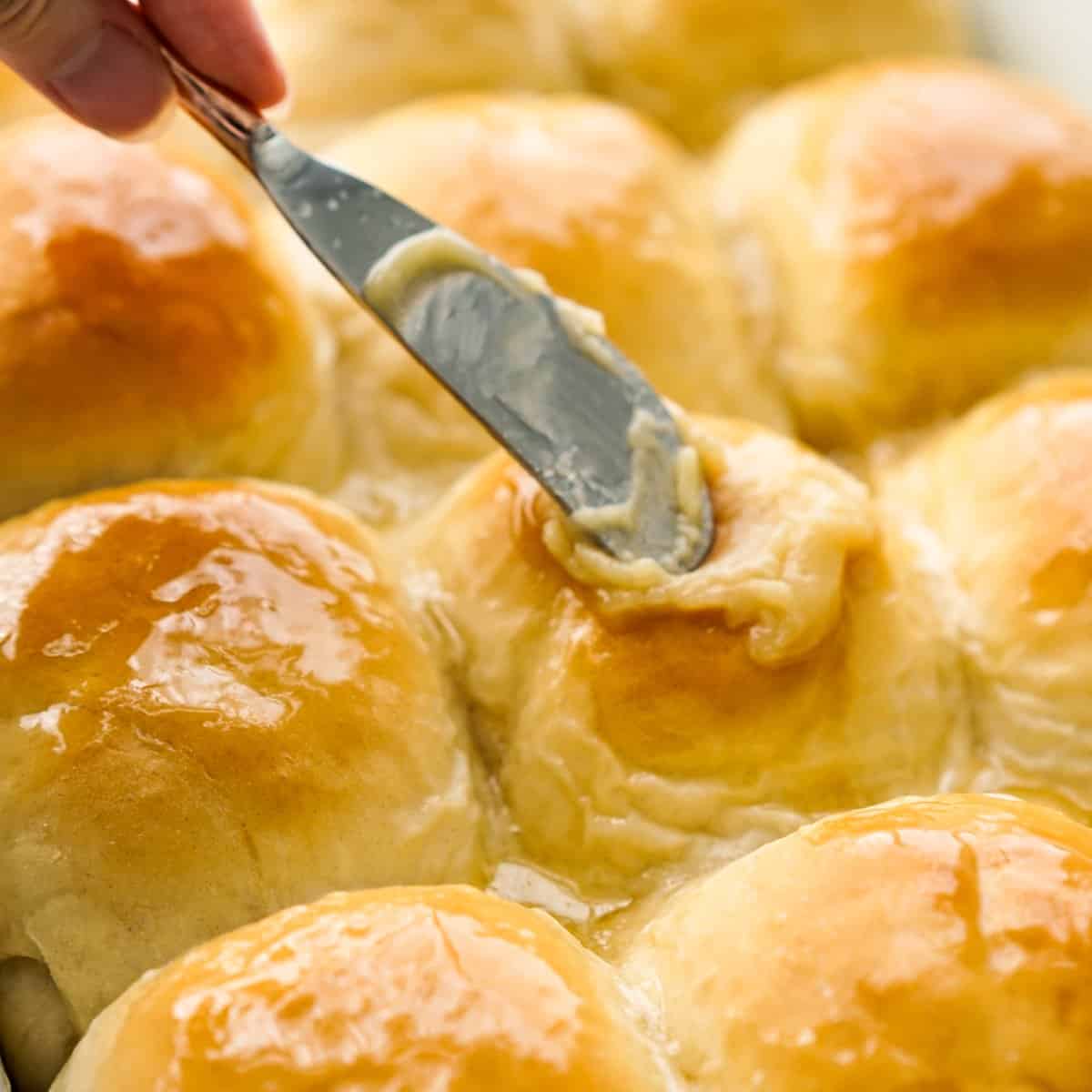
Let’s Bake Honey Butter Dinner Rolls, step-by-step
Get ready to make these amazing honey butter dinner rolls from scratch! Here’s a detailed guide:
1. Gather and prep:
- As with most recipes, prepping your ingredients makes things easier.
- First, we’ll activate, or “proof,” the yeast. In a bowl, combine warm water with the yeast packet and 2 teaspoons to 1 tablespoon of your chosen sweetener (monk fruit or sugar). Stir it all together and let it sit for about 5 minutes until foamy. This activates the yeast.
2. Make the dough:
- Once the yeast is proofed, add it to a large bowl with the warm milk, beaten egg, softened butter, and the rest of your chosen sweetener. Use a whisk to combine everything. Don’t worry if the mixture isn’t perfectly smooth – small butter lumps are okay.
- Now, add the flour and salt. Use clean hands to mix everything until it forms a dough ball. The dough might be a bit sticky.
3. First rise:
- Lightly oil another large bowl and place your dough ball inside. Cover it with plastic wrap and find a warm, quiet spot for it to rise. Let it sit for at least 45 minutes to an hour, or until it doubles in size.
4. Make the honey butter:
- While the dough is rising, prepare your honey butter sauce. Simply combine honey, butter, and powdered sweetener (or powdered monk fruit if that’s what you choose) with a spatula. Set this mixture aside for later.
5. Knead the dough:
- Once your dough has doubled in size, gently punch it down with your knuckles to release the air. Flour a pastry board and transfer the dough there. Knead the dough with your hands until it becomes smooth and elastic.
6. Roll and shape the dough:
- Divide the dough into two equal balls. Set one aside for now. Lightly flour your rolling pin and pastry board or mat. Roll out one dough ball into a large square, similar to pizza dough.
- Use a pastry cutter to cut the dough square into small rectangles. You can aim for roughly 16 rectangles, or more if you prefer smaller rolls. Grease a large baking dish (ideally 9×13 inches or bigger) to prepare for baking.
7. Brush and second rise:
- Take your honey butter mixture and lightly brush it over each dough rectangle. Now, roll up each rectangle and place it in the greased baking dish.
- Repeat this process with the remaining dough ball.
- Once all the rolls are shaped and placed in the dish, cover them with plastic wrap and let them rise again in a warm spot for another 45 minutes to an hour, or until they double in size.
8. Bake and enjoy!
- Preheat your oven to 375 degrees Fahrenheit (190 degrees Celsius). Take off the plastic wrap from your baking dish. Bake the rolls for 15 to 20 minutes, or until they’re golden brown on top.
- While the rolls are hot out of the oven, brush them with any leftover honey butter sauce.
- Serve your delicious, warm honey butter dinner rolls alongside your main course.
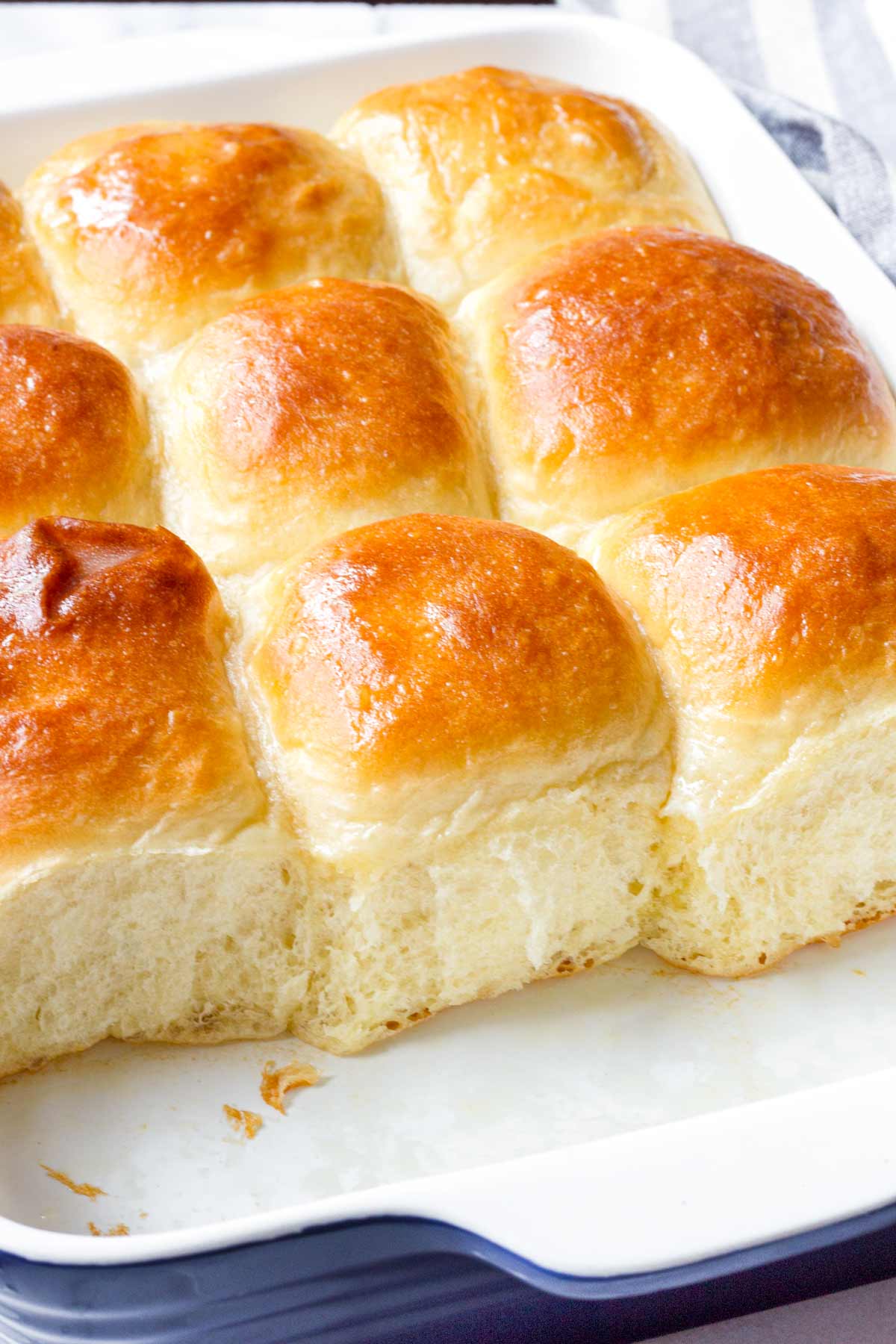
Helpful tips for making Honey Butter Dinner Rolls:
- The dough might feel a bit sticky before its first rise, but that’s completely normal. Just make sure to grease the bowl before placing the dough inside for rising.
- After the first rise, use your knuckles to gently punch down the dough. This helps release the air trapped inside, leading to better results.
- Don’t forget to flour your pastry board or mat before kneading the dough. This will prevent sticking and make the process easier.
- The recipe uses monk fruit sweetener, but feel free to substitute it with regular sugar if that’s what you prefer.
- Avoid over-kneading your dough. Knead only until it becomes smooth and elastic.
- Make sure to let your dough rise for a second time after shaping the rolls. This allows them to become light and fluffy before baking.
- Keep an eye on your rolls in the oven. To avoid burning, set a timer for 15 minutes. Remember, baking times might vary depending on the size of your rolls or your oven’s specific settings.
- If you’re unsure if your rolls are done baking, you can use the toothpick test! Insert a toothpick into the centre of a roll. If it comes out clean, your rolls are good to go! If it comes out with raw dough clinging to it, bake for a few more minutes.
What to serve alongside dinner rolls
These versatile honey butter dinner rolls are the perfect complement to any dinner spread. They pair beautifully with any main course, from comforting pasta dishes to hearty soups and other savoury meals.
Elevate your Sunday dinners, holiday feasts, birthday celebrations, and other special events with these delightful rolls. They’re not just for dinner though. These rolls make a delicious and satisfying snack on their own.
Don’t be afraid to serve them with whatever dinner you’re having – they’re guaranteed to be a crowd-pleaser.
How to store your leftover Honey Butter Dinner Rolls
Let’s be honest, these rolls are so delicious they probably won’t last. But if you do have some leftovers, here’s how to store them:
- Refrigerate: Cover the rolls tightly and store them in the fridge for up to 7 days.
- Freeze: For longer storage, you can freeze the rolls for up to 3 months.
Variations and substitutions
Milk options: Don’t have whole milk? No problem! You can use another type of milk, but keep in mind that whole milk will give the rolls the richest flavour and texture.
Flour power: Bread flour can be substituted for all-purpose flour. This might make the rolls a bit chewier, so choose the texture you prefer.
Yeast alternatives: Out of dry active yeast? No worries! You can use double the amount of fresh yeast instead.
Honey butter preference: Not a fan of the honey butter sauce? No problem at all. Enjoy these rolls plain – they’re still delicious.
Latest


New Album: KCee Releases Feat. Odumodublvck, Teni, Diamond Platnumz – ‘Mr. Versatile’
KCee has a new album called “Mr. Versatile“. This name shows that KCee is good at doing many different types...


Yemi Alade Releases Her Sixth Album, ‘Rebel Queen’
Yemi Alade has just released a new album called “Rebel Queen“. She is a famous singer from Nigeria, known all...


Ayra Starr Launches Doll Collection
Ayra Starr is a famous singer from Nigeria. She has become very popular in the music world. Many people like...


Musician Khaid Returns To Social Media After Protracted Illness; Unfollows All But Olamide
Khaid, a rising Nigerian music star, has recently returned to social media after a period of absence due to a...


Netflix Subscription Prices Increases In Nigeria For The 2nd Time This Year
Netflix has significantly increased its subscription fees for Nigerian users. This marks the second time the popular streaming platform has...


BBNaija 9: You Must Know These 4 Things Before The New Season Of Starts On Sunday
Africa’s most popular reality TV show, Big Brother Naija, is about to launch its ninth season (BBNaija 9) in a...


Burna Boy To Mark The 5th Anniversary Of ‘African Giant’ With YouTube Special
Burna Boy is a prominent African musician who has achieved global superstar status through his award-winning music and record-breaking concerts....


Babatunde Apalowo’s ‘Londoner’ Wins Best Fiction Feature Prize At Durban FilmMart
“Londoner” is an autobiographical film that tells the story of Ayo, a Nigerian bank manager who moves to London to...


Davido Partners With GAC Motors In Multi-Million Deal
David Adeleke, who is famously known as Davido, has entered into a new business agreement with GAC Motors, a well-known...


KCee Teases Release Of New Album, “Mr. Versatile”
KCee is a well-known Nigerian musician who has been making popular music for almost 20 years. He has managed to...
-Ad-




10 Reasons Why Working Out Is Good For You

New Music: BoyPee, Hyce & Brown Joel Feat. Davido – Ogechi

10 Lace Gown Styles To Steal The Show At A Wedding

Why Women Break Up With Men They Are Still In Love With

Shakira To Perform At 2024 Copa América Final On Sunday

My Wedding Dress Is The Most Comfortable Dress I’ve Ever Worn – Sharon Ooja Appreciates Designer Veekee James

Why ‘Isiagu’ Styles Are Becoming Norm At Igbo Ceremonies

Why Do Women Live Longer Than Men? See Reasons Behind The Longevity Gap

6 Ways To Stay Informed Without Sacrificing Your Mental Health

5 Things You Should Always Keep Private
Trending
-

 ARTS & CULTURE6 days ago
ARTS & CULTURE6 days ago5 Powerful Goddesses Who Answer Prayers In Nigerian Traditional Religions
-

 BEAUTY5 days ago
BEAUTY5 days agoHair Care Tips For All Nigerian Hair Types
-

 FAB FRESH4 days ago
FAB FRESH4 days agoRising Artist Litovibes Features Patoranking In New Single, ‘My Way’
-

 FASHION7 days ago
FASHION7 days agoWhat Qualifies As Distressed Fashion?
-

 SPORTS3 days ago
SPORTS3 days agoNigeria Vs Brazil: Time And Where To Watch The Super Falcons’ 1st 2024 Olympics Game
-

 FASHION6 days ago
FASHION6 days agoSuit Up & Stand Out: How To Wear A Head-Turning Suit In 2024
-

 HEALTHY LIVING5 days ago
HEALTHY LIVING5 days agoWhy Fibroids Come Back After Surgery
-

 OPINION6 days ago
OPINION6 days agoHow To Build Trust For A Stronger Relationship













